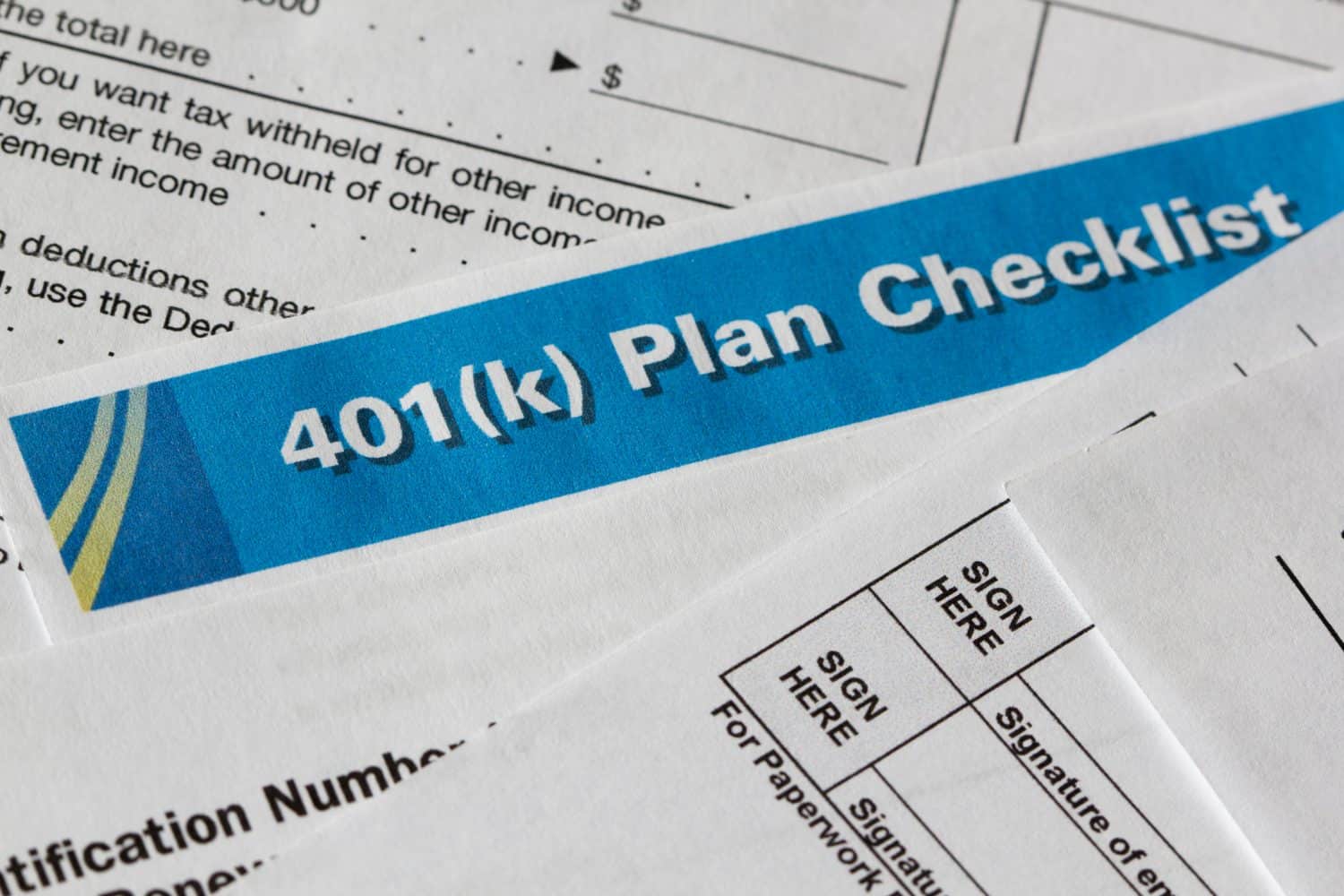Personal Finance
If I max out my 401(k) before year's end, do I need to increase my contribution limit for next year?

Published:

Key Points from 24/7 Wall St.:
The 401(k) contribution limit is increasing in 2025. In 2024, you could make a maximum employee contribution of $23,000 (or $30,500 if you’re over 50 and eligible for a $7,500 catch-up contribution). In 2025, the maximum employee contribution will increase to $23,500. While catch-up contributions remain the same for most older workers, those between the ages of 60 and 63 will be allowed an $11,250 catch-up contribution instead of the $7,500 limit.
The Reddit poster is correct that some people need to change the 401(k) contributions they’re currently making to reach the new limit next year. However, it all depends on how your withdrawals are set up.
Typically, you sign up to have a certain amount withdrawn from each paycheck and put into your 401(k). This could be:
The poster who published the reminder contributed a set dollar amount. If you do the same, you’d have had $884.62 withdrawn from your paycheck and put into your 401(k) to hit the $23,000 limit in 2024 (assuming you were paid biweekly). To hit the new $23,500 limit in 2025, you would need to increase contributions to $903.85 per paycheck next year — or more if you are eligible for catch-up contributions.
Likewise, if you have a fixed percentage of your salary withdrawn and it was enough to hit last year’s maximum but not this year’s, you’d need to make a change to max out your 401(k). Say you were making exactly $230,000 and contributing 10% of your income to your 401(k). You’d have contributed exactly $23,000 but would need to up that amount to 10.22% of income to contribute the max in 2025.
Outside of these situations, there should be no need to adjust your limit. If you were earning $300,000 and signed up to contribute 10% of your earnings, you’d have hit your max in 2024 and then some. With most plans, you would have automatically been cut off once you contributed $23,000. When the limit increases next year, you won’t have to change anything and simply get to invest that extra $500 before the company stops taking contributions from your paychecks.

It’s a no-brainer that you should invest enough to earn any employer match you’re entitled to. That’s free money. However, once you’ve done that, redirecting some retirement funds into other accounts like an IRA or HSA could be more beneficial than just continuing to add to your 401(k).
These other accounts offer benefits a 401(k) doesn’t, including:
Once you have earned your employer match, it’s usually worth maxing out these accounts (if you’re eligible) before just sinking more money into a 401(k). If you’re already maxing out those other accounts, or aren’t eligible for them, and still have funds left over, then a 401(k) is probably the place for the money.
Still, you should always talk to a financial advisor — especially when you’re investing this much money — to make the choice that’s right for you.
Are you ready for retirement? Planning for retirement can be overwhelming, that’s why it could be a good idea to speak to a fiduciary financial advisor about your goals today.
Start by taking this retirement quiz right here from SmartAsset that will match you with up to 3 financial advisors that serve your area and beyond in 5 minutes. Smart Asset is now matching over 50,000 people a month.
Click here now to get started.
Thank you for reading! Have some feedback for us?
Contact the 24/7 Wall St. editorial team.